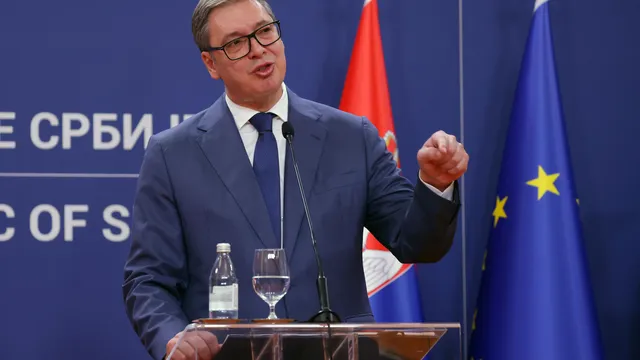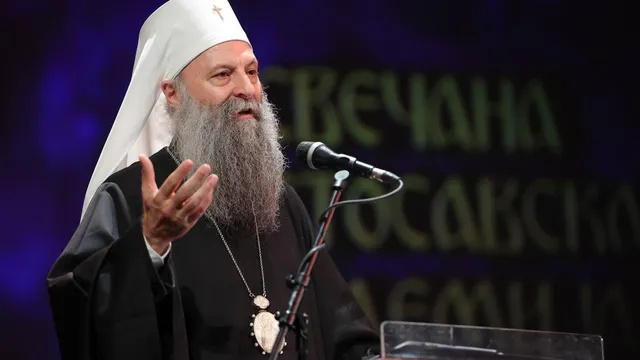The vote, which is the first of its kind as Albanians abroad will also be able to participate by mail, pits current Prime Minister Edi Rama against his main rival, Sali Berisha, a right-wing politician who heads a coalition of opposition parties.
Rama, 60, has been leader of the Socialist Party (SPA) since 2005 and is seeking an unprecedented fourth term with the promise of EU membership by 2030.
The door to Brussels, he says, is the key to “giving Albanians a European passport” and allowing them “to enjoy the same rights as citizens of all other European countries.”
Rama's main opponent, 80-year-old Berisha, is eager to return to power after 12 years in opposition.
The former president heads an opposition coalition that has adopted a Donald Trump-style slogan, “Great Albania,” based on economic recovery.
“We are the only ones who can revive the country's economy, the only ones who can move Albania forward. Edi Rama is counting the last days of his regime,” Berisha said.
The campaign also gives him a chance to restore his image as a strong leader, despite being in the spotlight of the Albanian justice system, where he is suspected of involvement in a corruption case that is believed to have benefited his family.
Shortly before the end of the campaign, marked by verbal outbursts, especially on social media, the latest polls point to a victory for Rama's party.
The Organization for Security and Cooperation in Europe, meanwhile, said there was “extreme political polarization” in the Balkan country of 2.8 million people.
Berisha accuses the Socialists of “vote buying, threatening voters, pressure, and the use of public funds by ministers and candidates from the majority for their election campaign.”
Rama dismissed the allegations as “nothing more than an excuse for defeat.”
For the first time in the history of Albanian elections, the diaspora can vote from abroad by mail, which is a test for the development of democratic processes and institutions, especially in the context of EU accession negotiations that began in 2022.
According to official data from the Central Election Commission, 245,935 Albanians living outside Albania are registered to vote.
“Albania has made significant progress on its path towards EU accession, demonstrating its determination to implement ambitious reforms for the benefit of its citizens,” said Silvio Gonzato, Ambassador of the EU Delegation to Albania.
The losers have contested the results of all elections since the end of communism in the early 1990s, alleging fraud. But this time, the vote is being closely monitored and, for the first time, state officials and representatives of the judiciary will be stationed alongside the electoral commission and around 300 international observers.
Meanwhile, the special prosecutor for corruption and organized crime has just launched an investigation into a $6 million contract signed in April between an Albanian-American foundation in the US and the American lobbying firm Continental Strategy.
Continental Strategy was founded by Carlos Trujillo, a senior adviser to Trump.
“The contract aims to strengthen relations between the US and the Democratic Party, the main opposition force,” according to the party.
For Brussels, the May 11 vote is another important test for Albania, which has been a NATO member since 2009.
“The organization of free and fair elections in accordance with democratic norms and values will be an important step towards strengthening Albanian democracy, increasing citizens' trust in their elected representatives, and advancing the country's European integration,” Gonzato said.
Just five days after the elections, Tirana will host the next summit of the European Political Community. | BGNES
------------------
Brizeida Mema, AFP

 Breaking news
Breaking news
 Europe
Europe
 Bulgaria
Bulgaria







